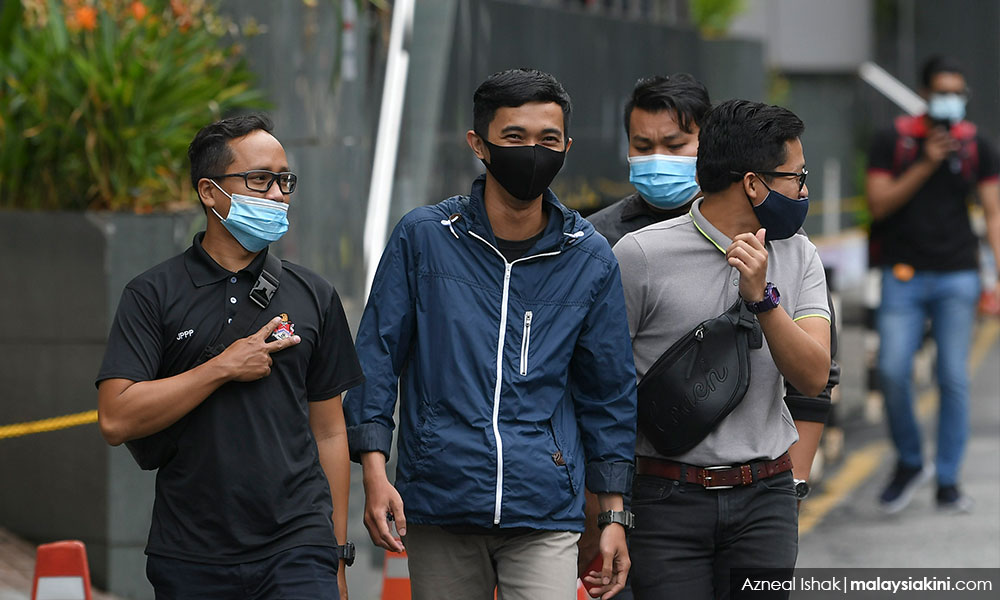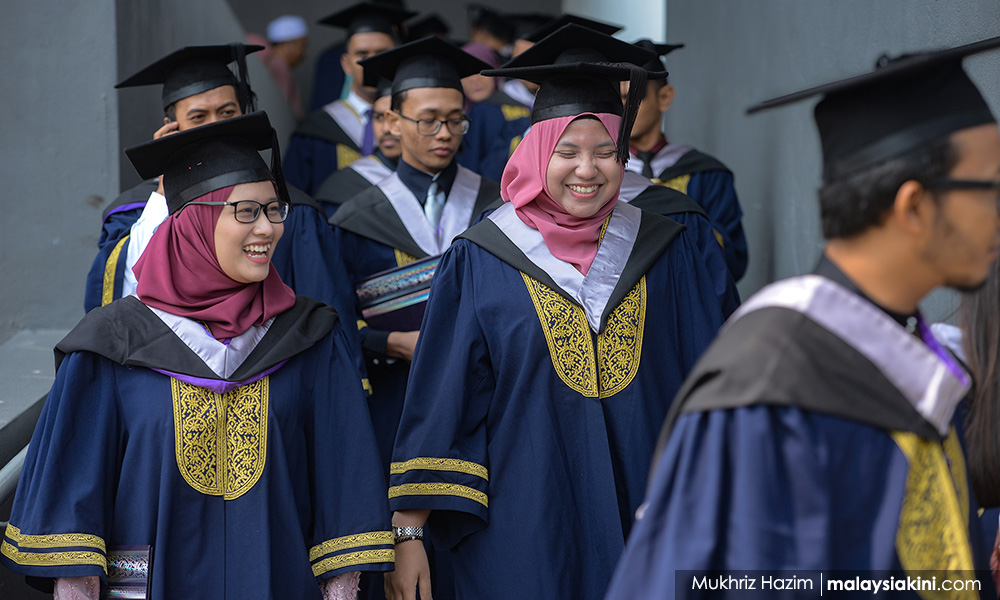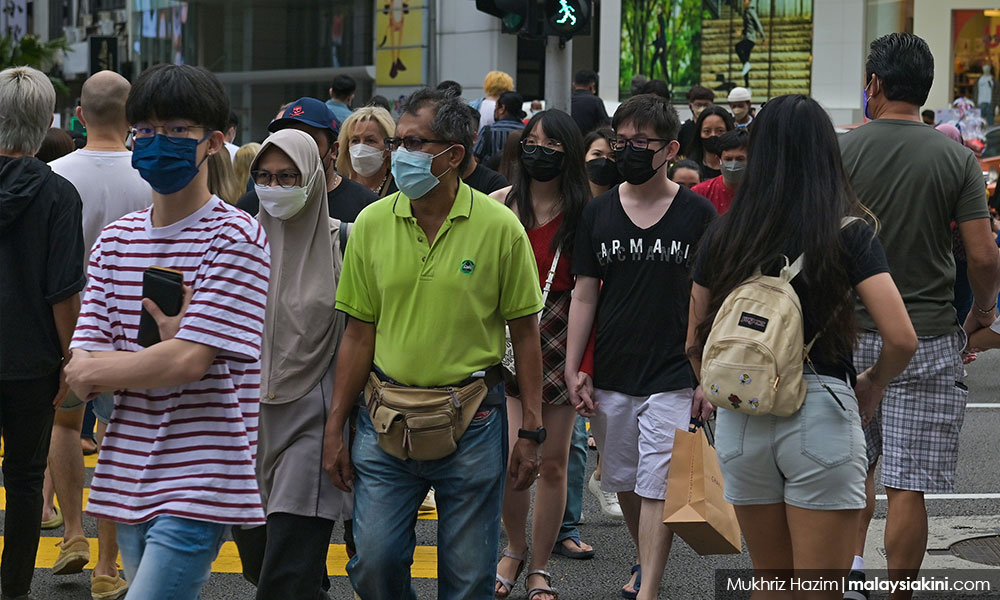It came to my attention that a supposedly veteran journalist recently slanderously called Universiti Teknologi Mara (UiTM) an "apartheid academy" in an opinion piece published on Malaysiakini.
Andrew Sia was purportedly trying to draw a parallel between a higher education institution and the despicable past apartheid practice in South Africa.
As a veteran journalist, any claim must be backed up by substantive arguments and facts. However, the article is unfortunately written from a biased and emotionally charged perspective.
Before refuting his slander, we first need to clearly define what can be considered apartheid.
The term originated from an Afrikaans word that translated to "separating, setting apart".
The apartheid system according to Amnesty International is an institutionalised regime of oppression and domination by one racial group over another and it is a serious human rights violation that is prohibited in public international law.
A clear example of the implementation of apartheid is South Africa's apartheid policy and Israel's treatment and policy toward Palestinians where policies are put in place to segregate, oppress, and deny access to some areas solely based on race.
It also serves as a means of domination and systematic oppression by one racial group over another.
Was the veteran journalist correct in his application of apartheid on UiTM? Clearly no.
Affirmative action
It is enshrined in Article 153 of the Federal Constitution to improve and safeguard the socioeconomic situation of the bumiputera who were lagging behind other races in terms of economy, education, and social status.
In the 1970s, the Malaysian government implemented policies designed to correct our socio-economic imbalances (affirmative action) to elevate the disadvantaged bumiputera community.

It was an effort to defuse interethnic tensions following the May 13 incident in 1969 and to placate the Malay majority by granting them a few privileges.
Many argued these were originally intended as a temporary measure but decades later, there was a clamour for a continuation of the policy as the situation for the bumiputera was still not on the same levelled playing field with other races.
UiTM was born out of the necessity to improve the education status of the bumiputera so that they have a fair opportunity to compete and participate.
Today, 60 percent of UiTM students are from B40 backgrounds which has increased by 20 percent after Covid-19 due to existing students from the M40 household group having lost their income.
Can Sia with a straight face try to tell us that giving opportunities to 114,000 underprivileged children out of 190,000 UiTM students is apartheid? I believe the appropriate term should be affirmative action.

Another mistake the writer has made is to juxtapose the position and view of the UiTM student council as representative of UiTM management’s view.
The protest was organised by the student council and if the writer disagreed and despised the movement, he should have directed his disagreement to the student council instead of lashing out at UiTM. The student council has since corrected its position.
The author quoted Dr Muhamad Akmal Saleh, the Umno Youth chief’s position on UiTM. It has always been a tradition for Umno Youth leaders to make a name for themselves as firebrands before becoming a moderate government leader later in life.
Tactics that were usually played out for decades have now earned “apartheid” scorn from a “much-experienced” senior journalist.
It may seem that this is being used as an excuse to paint UiTM in a bad picture.
What’s it got to do with SMEs?
The article also provides a logical fallacy in its argument where it tries to relate UiTM’s policy for bumiputera as having economic consequences by suddenly squeezing in an argument that the government has marginalised our small and medium enterprises (SMEs).
There is zero correlation established in the article on UiTM policy, which claims that SMEs are being marginalised as there was not a single government policy that existed today or decades ago that prevented non-bumiputera SMEs from prospering; evident from the success of Genting, 99 Speedmart, Berjaya, Hup Seng Biscuits or plenty of Klinik Mediveron branches among others.
This is a clear attempt of bad faith solely to establish a negative perception toward the institution and the government.

The burden of proof is on the writer to provide evidence of how our policies are meant to oppress, dominate, and marginalise other races when there is evidence that the Malays and bumiputera are only dominant in terms of population and still lagging in terms of socioeconomic situation.
It seems that the writer rejects the idea of equity in education where it is important for every segment of society to have equal representation and place in education.
The writer is clearly nitpicking, focusing only on UiTM and dismissing other policies set by the government that benefited every single Malaysian such as our education, healthcare, and government services to the public.
A true apartheid policy will deny and segregate all of those based on race to marginalise any group in society. - Mkini
ASYRAF WAJDI DUSUKI is secretary-general of Umno.
The views expressed here are those of the author/contributor and do not necessarily represent the views of MMKtT



No comments:
Post a Comment
Note: Only a member of this blog may post a comment.